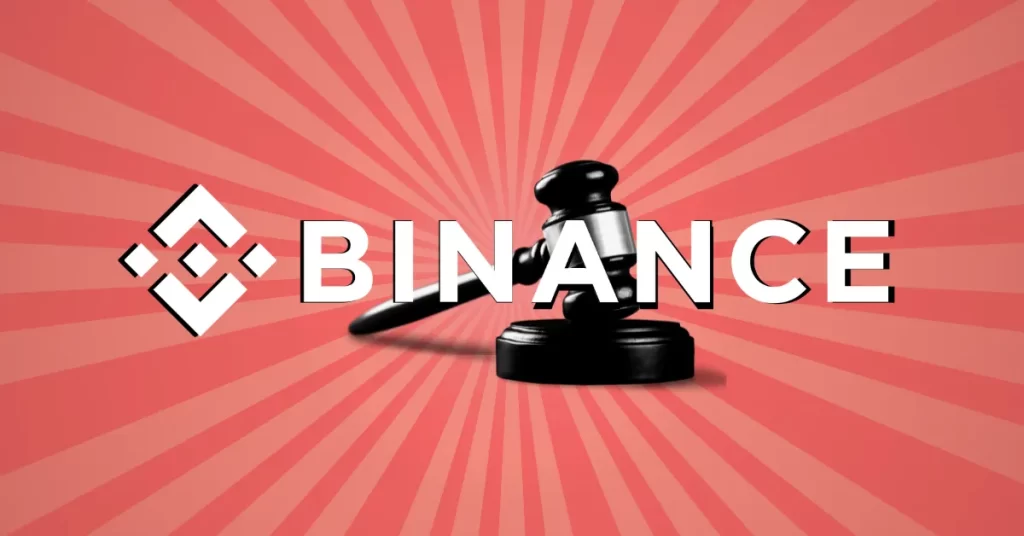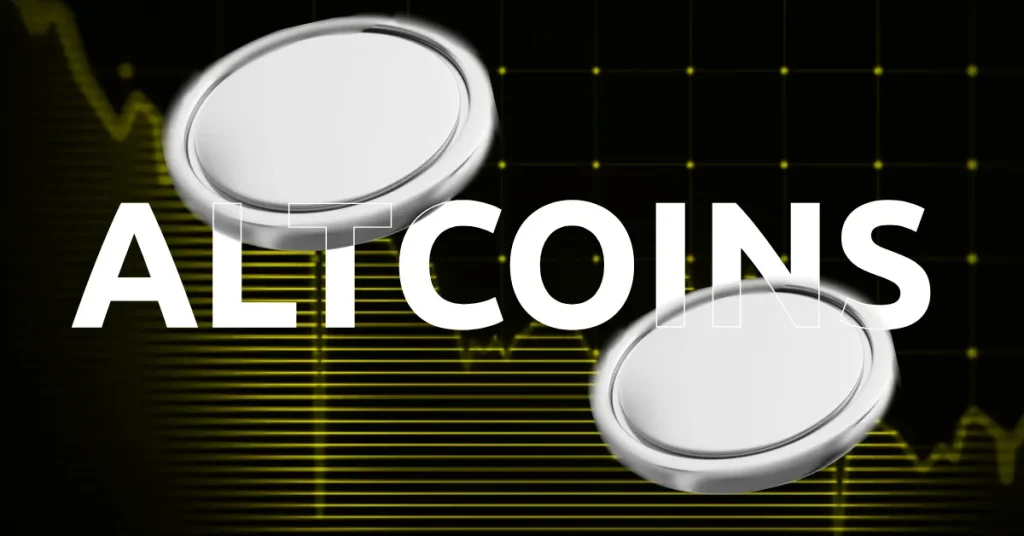
The post Former SEC Insider Breaks Down Binance-DOJ Settlement as SEC’s Triumph appeared first on Coinpedia Fintech News
The recent legal developments involving Binance and the Department of Justice (DOJ) have rippled through the cryptocurrency world, with the U.S. Securities and Exchange Commission (SEC) emerging as an unforeseen beneficiary. A former SEC official, John Reed Stark, sheds light on how the SEC, despite its absence in the direct settlement with Binance, stands to gain significantly from the outcome.
The SEC’s Invisible Hand
The absence of SEC officials at the DOJ’s announcement of Binance’s legal settlements is noteworthy, but Stark argues that this doesn’t equate to the SEC being sidelined. Instead, the SEC potentially benefits from the wealth of inculpatory evidence now available from Binance’s admissions in its DOJ Plea Agreement and the FinCEN Consent Order.
This newfound evidence could empower the SEC’s ongoing investigations and legal actions against the cryptocurrency exchange. Binance’s acceptance of DOJ’s monitoring terms, which includes a three-year independent compliance monitor, creates a new operational reality for the exchange.
Stark highlights that these monitorships, likely comprehensive and probing, present the SEC with a continuous flow of evidence against Binance. Moreover, the company’s mandatory cooperation with U.S. authorities could lead to more discoveries, potentially escalating the SEC’s dispute leverage.
Stark emphasizes the broader judicial implications of Binance’s settlements with the DOJ and FinCEN. Acknowledging past misdeeds by Binance could influence federal judges in SEC-related litigation against the exchange, potentially leading to heightened judicial scrutiny and an understanding of the SEC’s accusations as factual.
The SEC’s Strategic Silence
The SEC’s strategic choice to remain out of the spotlight in the Binance-DOJ settlement saga may prove to be a masterstroke. Stark suggests that by staying in the background, the SEC can leverage the outcomes of Binance’s settlements with other federal agencies. This approach could significantly strengthen the SEC’s regulatory stance against Binance.
Stark’s insights reveal a complex interplay between regulatory bodies in the Binance case. The SEC’s indirect gains from the DOJ and FinCEN’s actions against Binance will profoundly impact the future of financial regulation and compliance in the cryptocurrency sector.

 1 year ago
96
1 year ago
96














 English (US) ·
English (US) ·